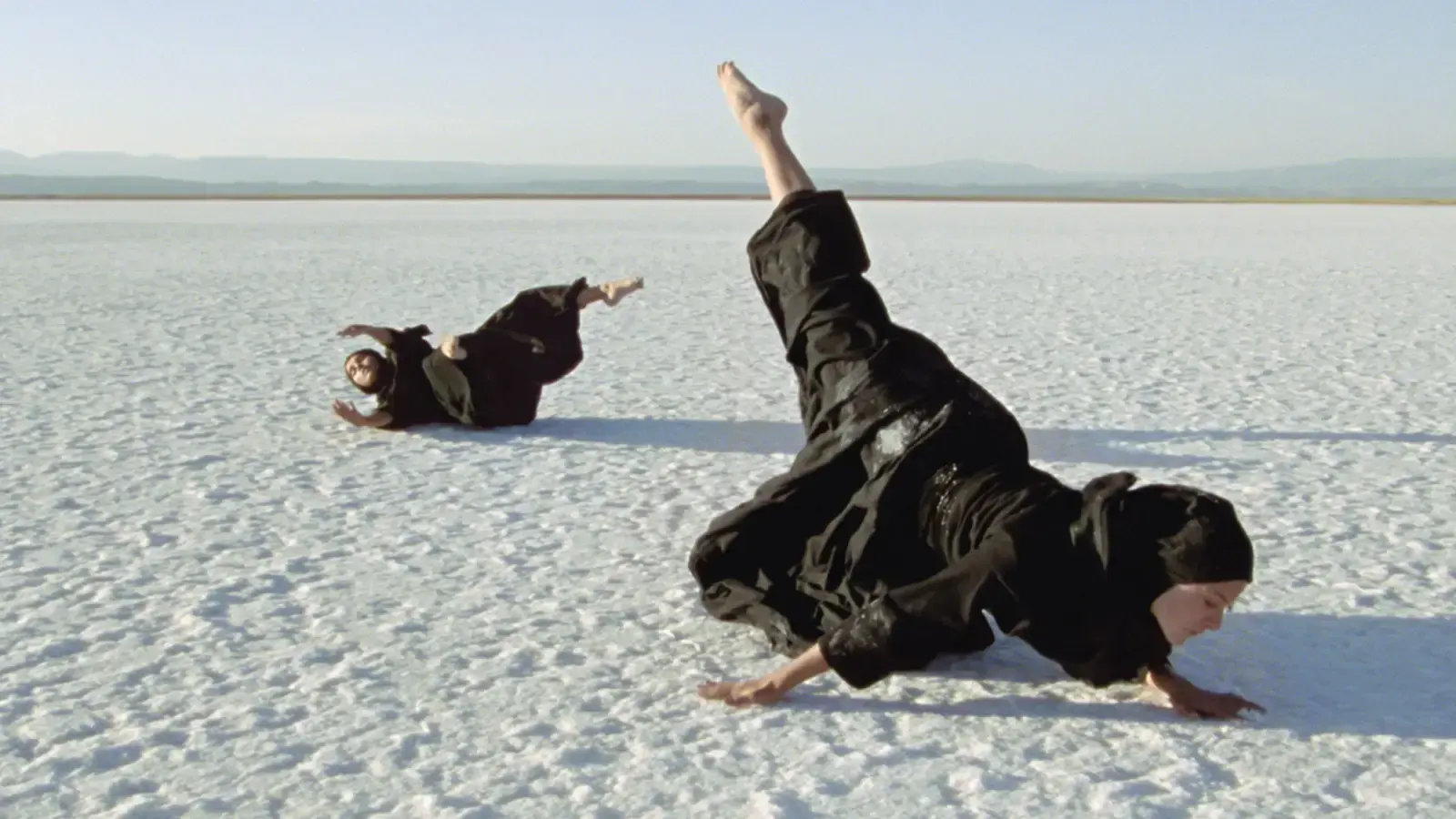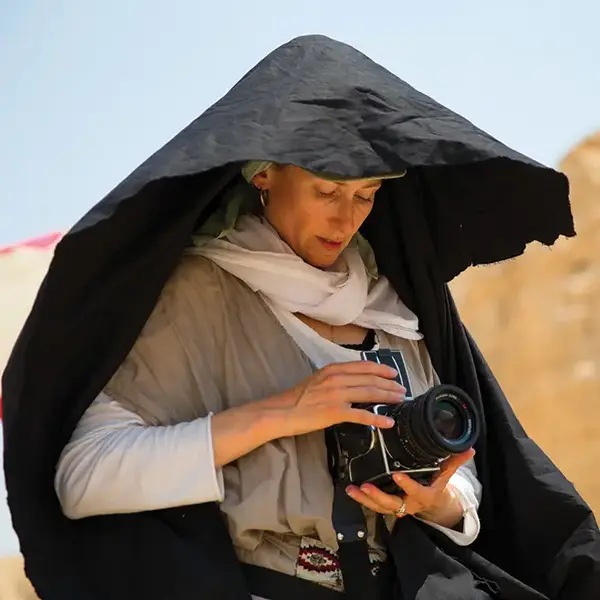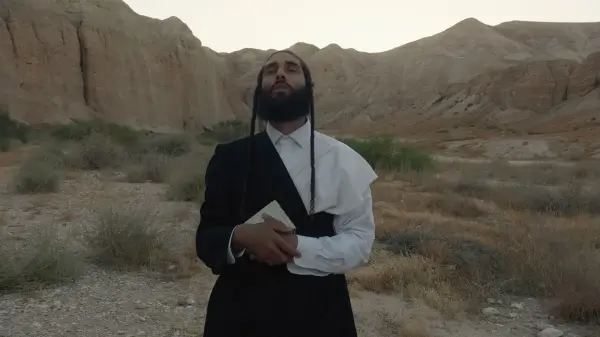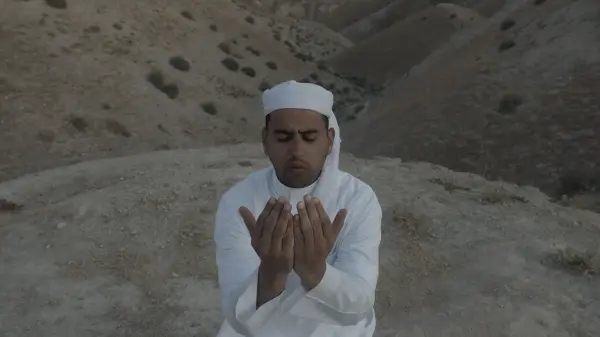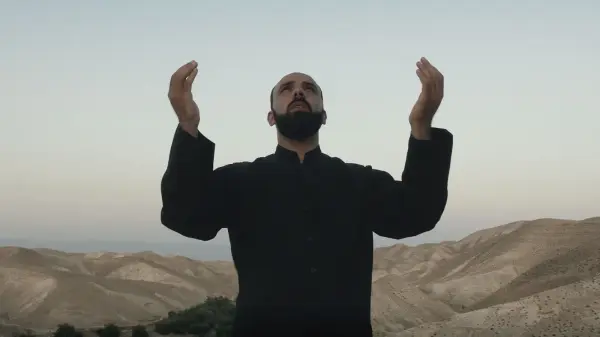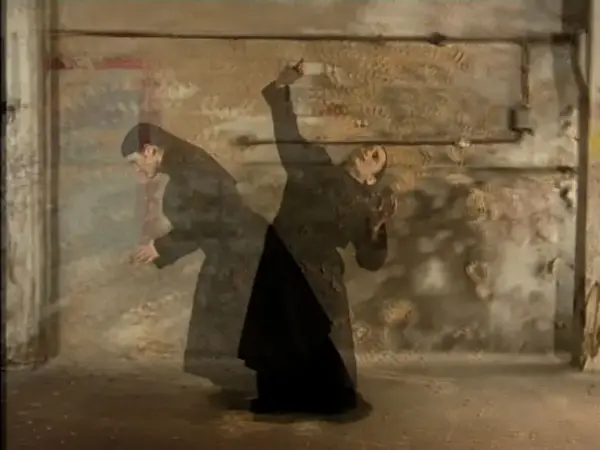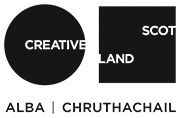Troubled Histories, Ecstatic Solitudes
The Koffler Gallery presents the first solo show in Canada of British-Spanish artist filmmaker Isabel Rocamora.
Rocamora's large-scale video installations consider the performative language of human gesture and its relationship to individual and cultural identity. Troubled Histories, Ecstatic Solitudes includes recent and new films that examine issues of authority, faith, exile, territorial attachment and the intimacy of violence.
Set in the historically charged landscape of the Normandy beaches, Body of War (2010) reflects on the transformation of man into soldier. Punctuated by testimonies of retired and serving soldiers, the film deconstructs, through its rigorous mise-en-scène, the visceral act of hand-to-hand combat – inviting the viewer to engage in the relationship between human intimacy and the brutality of war.
Portrait in time and gesture (2005) poetically examines the transformation of the self’s core over the course of an individual’s history. Referencing photography, which traditionally claims to offer a genuine representation of identity, Portrait looks at moments of inconsistency and oscillations over time, describing a body that is at once separating and re-uniting with itself, betraying feelings of self-multiplication and revealing gaps in self-perception.
Across two enveloping projections and positioned between the fictive and the testimonial, Horizon of Exile (2007) stages female identity at the centre of a poignant meditation on the underlying cultural causes of displacement. Set in vast desert scapes and guided by individual narratives from the Middle East, the film reflects on the condition of women within authoritative societies, employing testimonies and choreographed bodies to consider issues of self-image, belonging and effacement.
Premiering in this exhibition, Rocamora’s latest work, Faith (2015), contemplates the conflict between the three dominant religions in Jerusalem, seeking a common ground in the gesture of prayer and its essential humanity. The three-channel film juxtaposes three men – one Orthodox Jewish, one Greek Orthodox Christian and one Sunni Muslim – praying in time and place synchronism. The Judean Desert serves as setting for the intimacy of worship, referencing both the Biblical holy land that nourishes all three religions and a liminal landscape positioned as possible threshold towards a space of communion. Revealing a meaningful similarity of inner state and gestural intention, the film communicates a hope for transcending not only this worldly existence but also our divisive political and territorial debates.
The exhibition is accompanied by a publication with a commissioned essay by Mark Cauchi, Assistant Professor in the Department of Humanities, York University.

